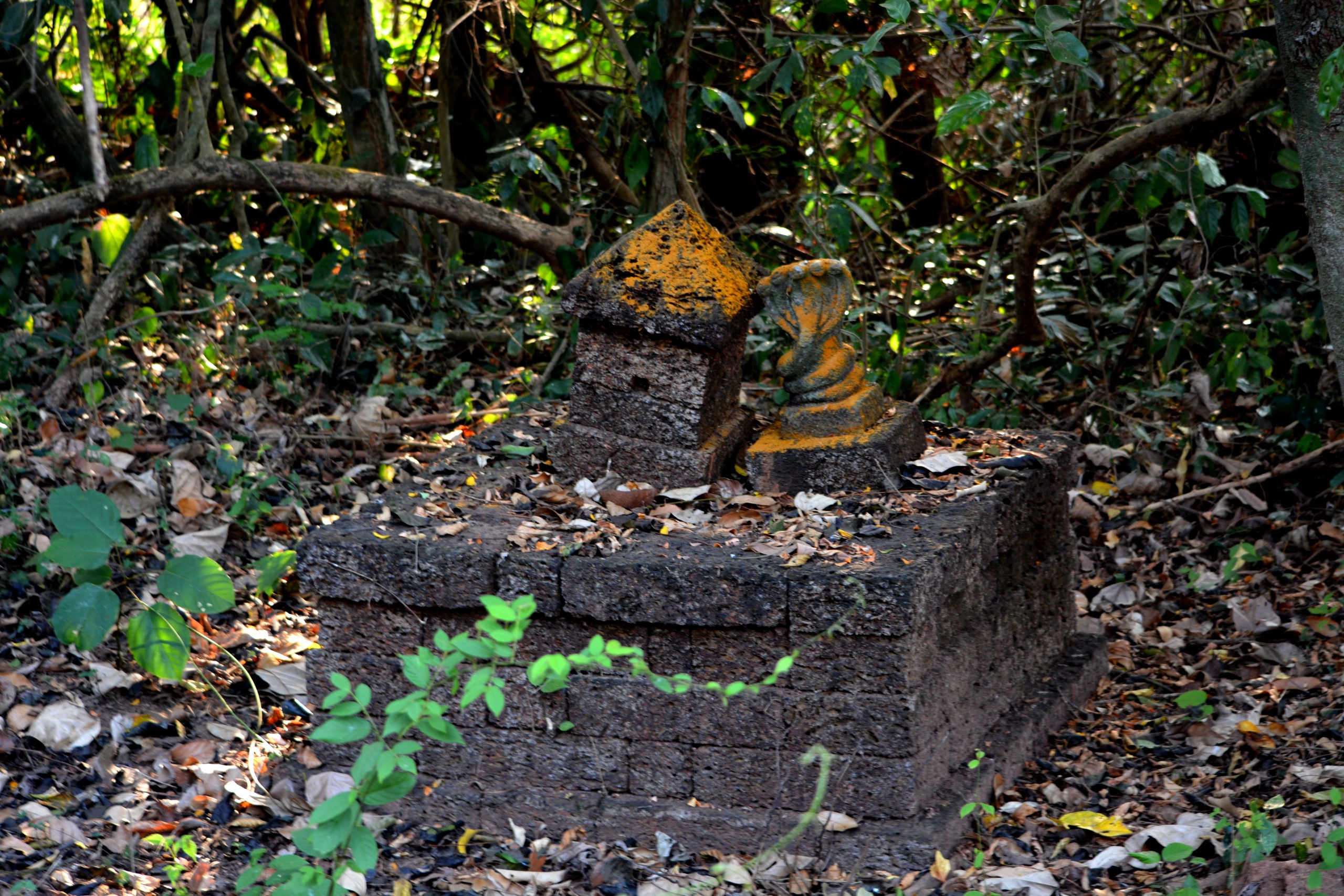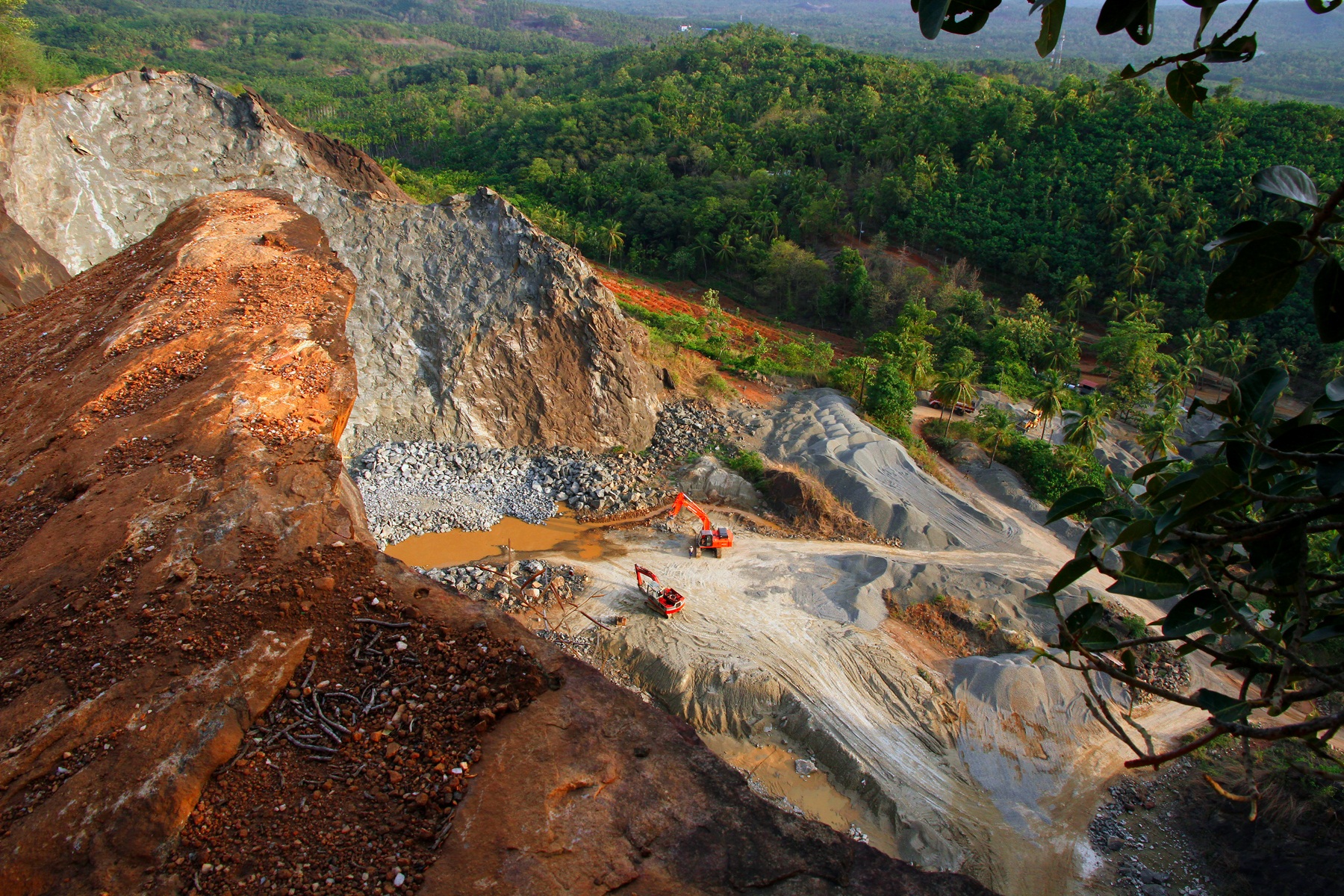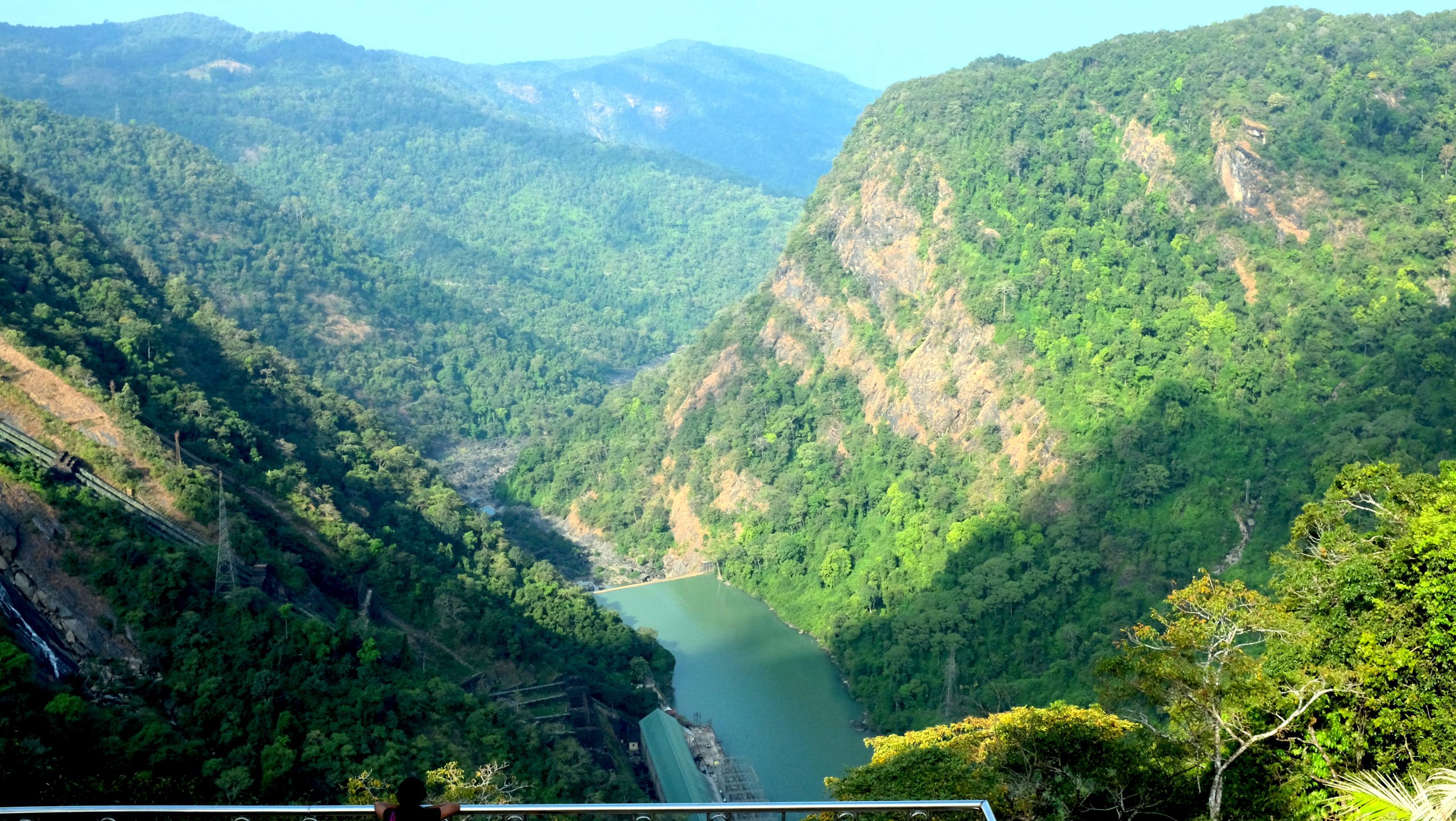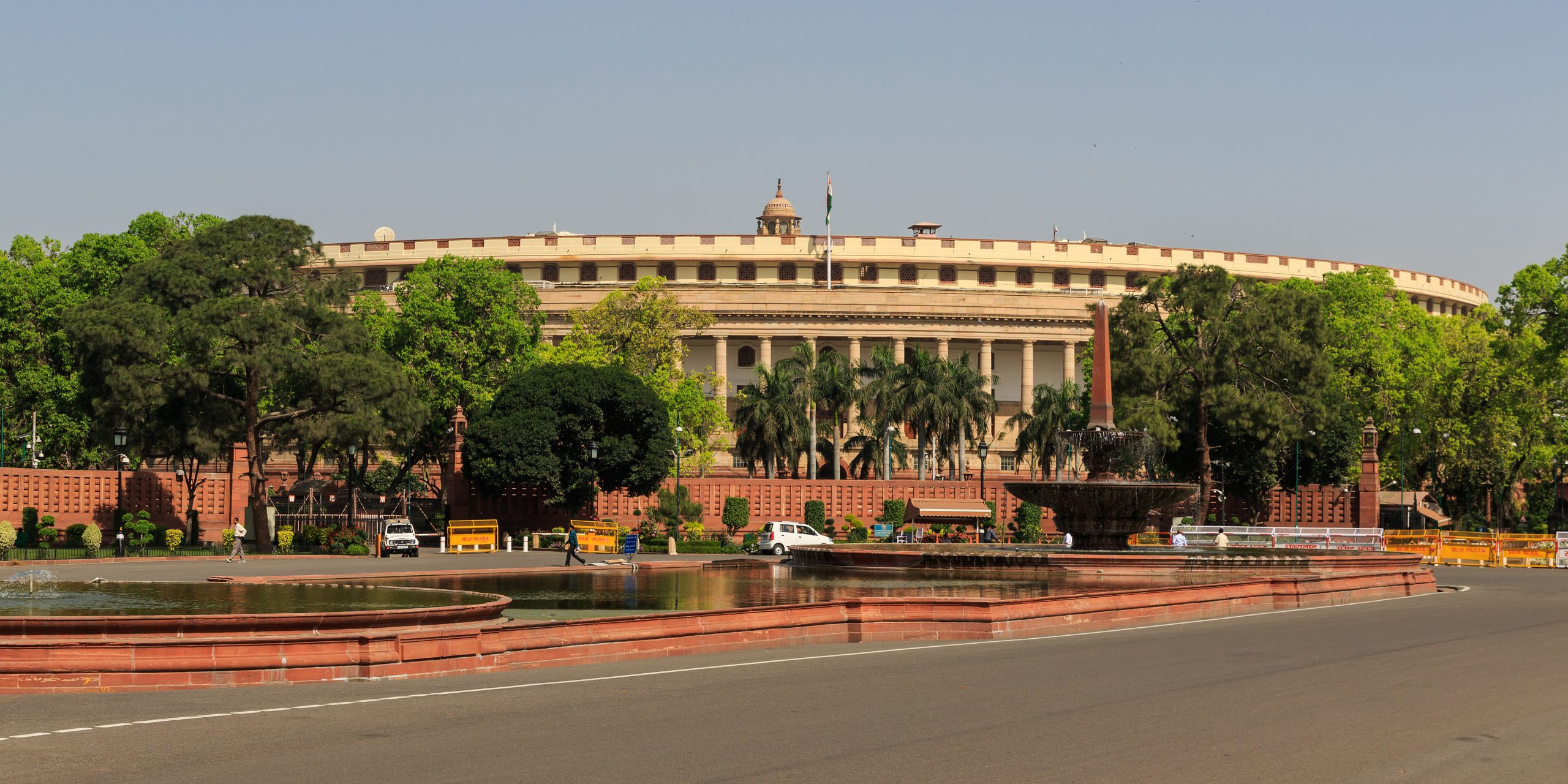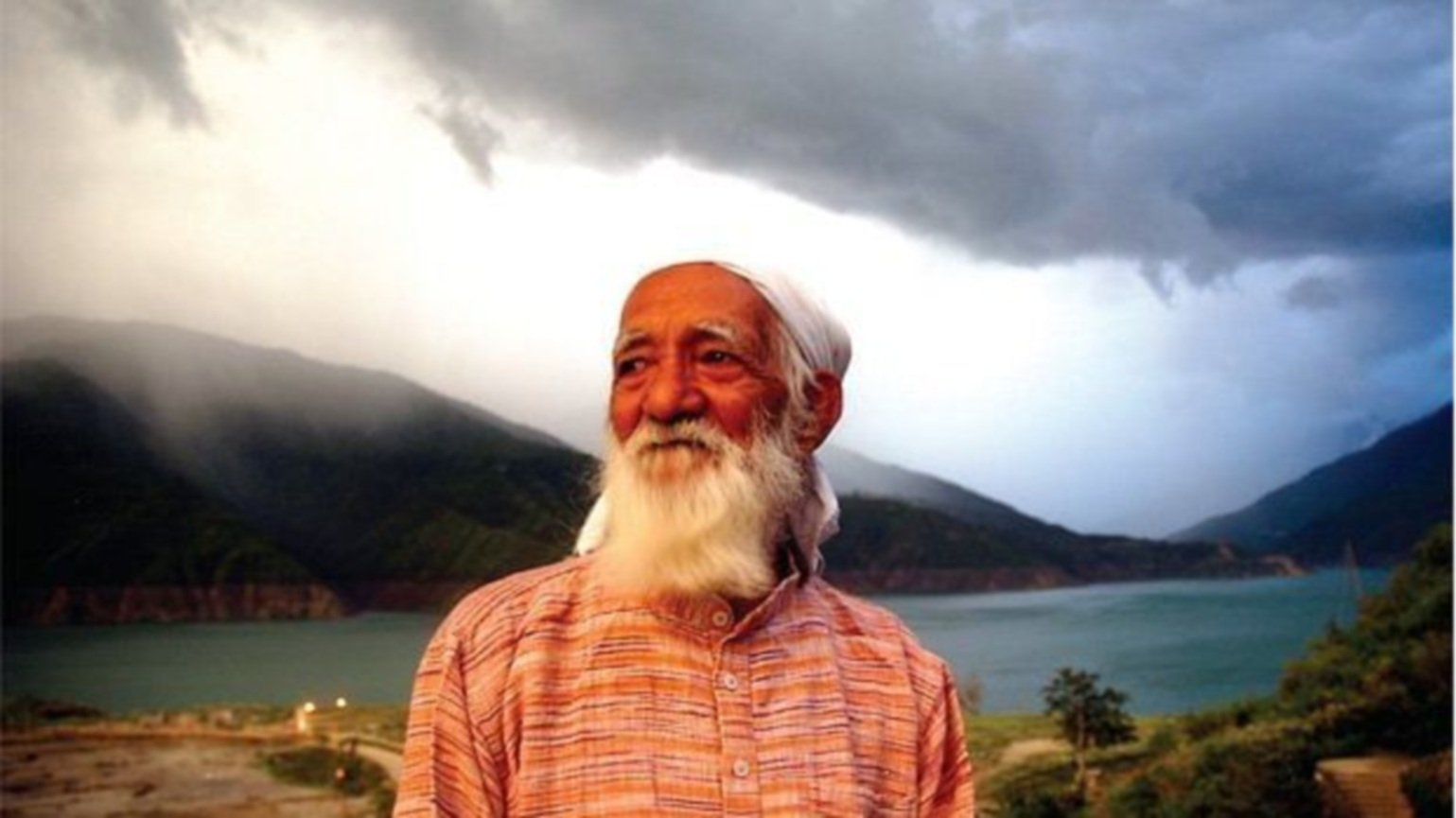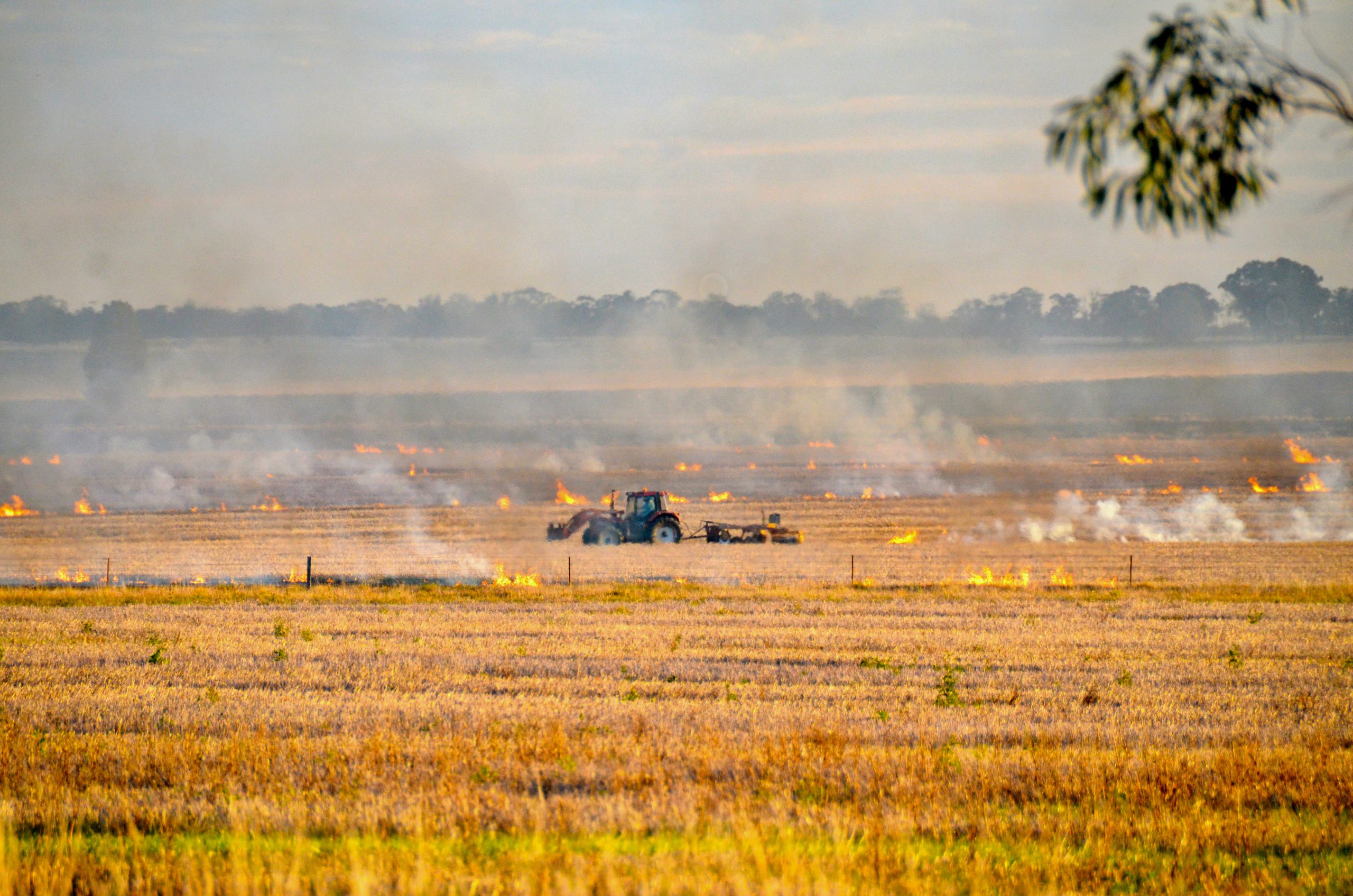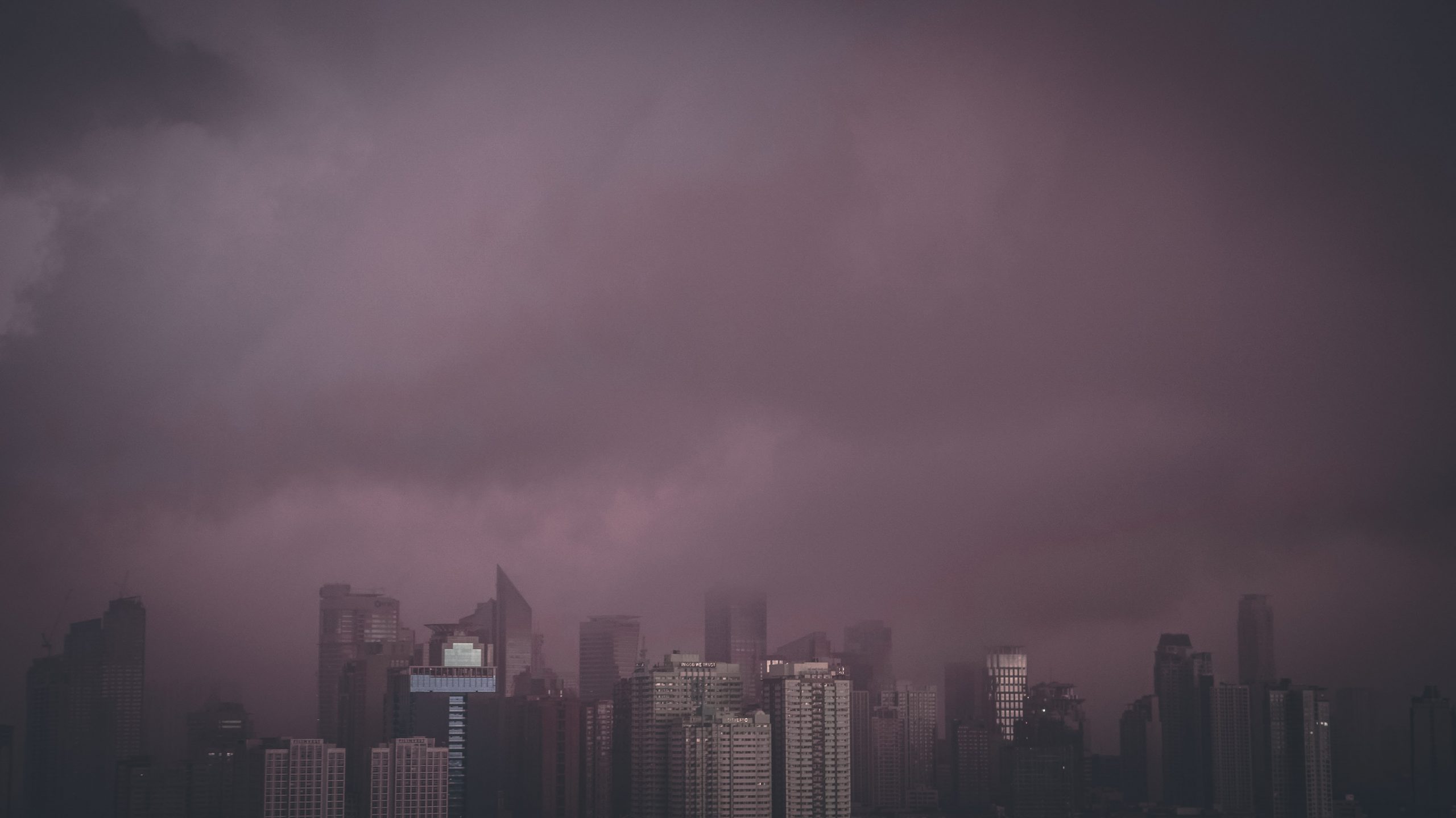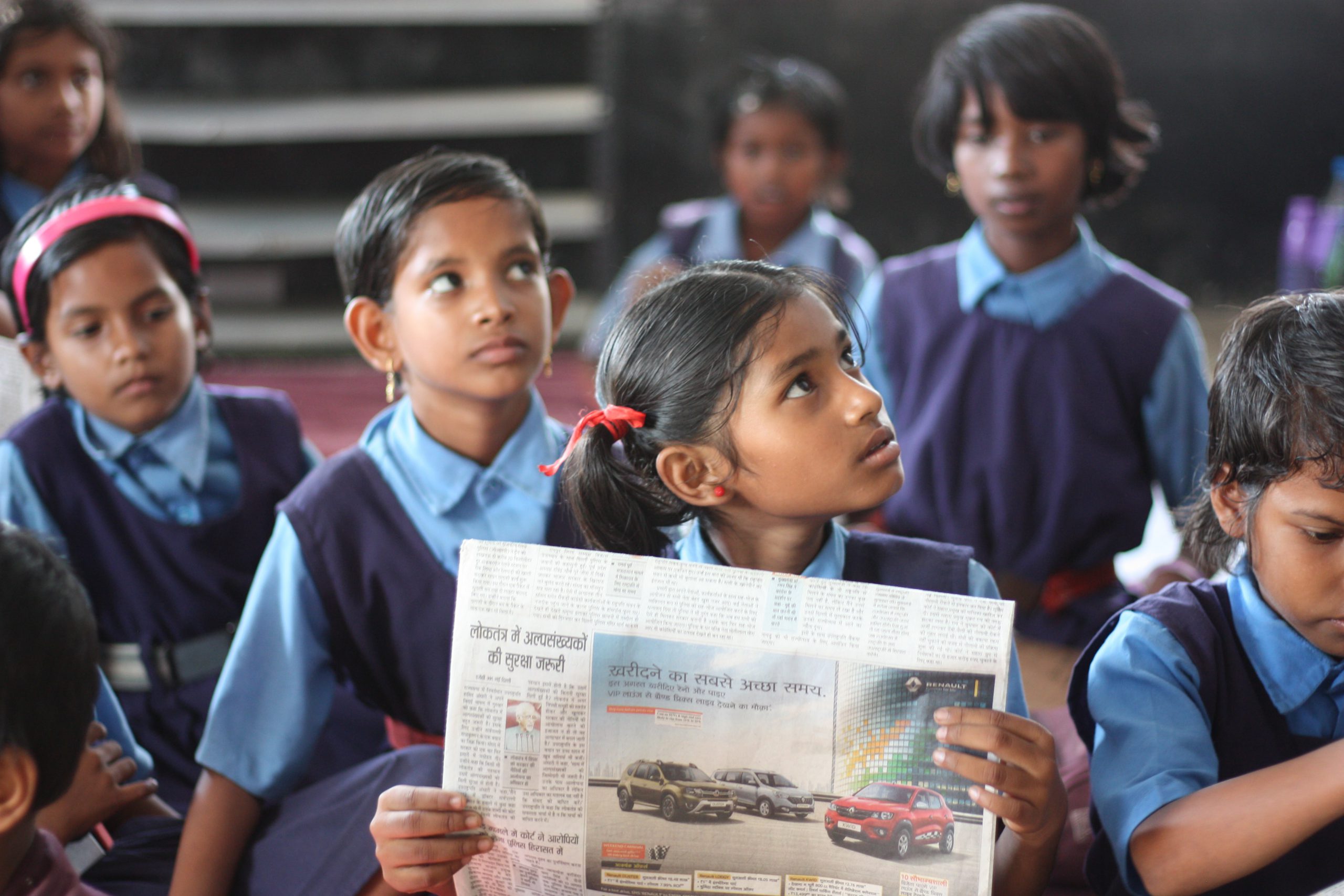Sacred Groves – the Indic sanctuaries
Sacred groves are small patches of primeval forest or stands of trees that are reserved exclusively for a deity, a critical indigenous ecological tradition in the realm of environmentalism. They hold special religious and spiritual significance to the people and
Of panels and politics – An unfinished battle for the Western Ghats II
The previous piece briefly discussed the resistance that the Gadgil report had faced then and that it continues to even now, from various quarters. Continuing from there, in this piece we discuss the politics around the Western Ghats (WG) reports,
Of panels and politics – An unfinished battle for the Western Ghats
Older than the Himalayas, the Western Ghats covers an area of around 140,000 km² in a 1600 kms stretch that runs parallel to the west coast of India traversing magnificently through six states from Gujarat to southern Kerala, creating some
Union as the bulwark of the Constitution – Part II
In the previous piece we had discussed the Constituent Assembly’s intention behind a carefully crafted Article 355 to enshrine a duty of the Union to protect the states and the constitutional machinery therein. Continuing from that discussion, here we elaborate
Union as the bulwark of the Constitution – Part I
Article 355 of the Constitution states that “It shall be the duty of the Union to protect every State against external aggression and internal disturbance and to ensure that the government of every State is carried on in accordance with
The old man and the river
The passing away of Sunderlal Bahuguna is the departure of one of the last remaining stalwarts battling for environment conservation employing Indic knowledge and practices. Born in 1927, in a small village on the banks of the River Bhagirathi in
“New Commission for Air Quality Management or EPCA 2.0?” – Part II
The previous piece had discussed the lack of novelty in Union Government’s approach in constituting a new Super-Commission meant to tackle Delhi-NCR’s air pollution issues, namely the ‘Commission for Air Quality Management’ (CAQM). Now add to that, the serious lack
Religious minorities and State-funded religious education in India- Part III
The previous piece pointed out mainly two issues that plague the minority education system in India. The first being a broader issue of determination of minority status on a central basis and the second specific issue being, the dispute relating
“New Commission for Air Quality Management or EPCA 2.0?” – Part I
Delhi NCR is infamous for its winter season owing to the ominous presence of the worst smog globally. The conditions do not seem to improve despite the critical festival season and the stubble burning season having passed. This has been
Religious minorities and State-funded religious education in India- Part II
The previous piece of this article series ended discussing certain schemes and scholarships that support and promote education for minority (mainly religious) communities as listed by a central notification of 1993 (and as amended in 2014). Such schemes are funded


